The Christmas holiday has more or less been the same for the past couple hundred years, drawing celebration inspiration from Christian and pagan tradition alike to create the season as we know it today. But in coastal North Carolina, you’ll likely find a few people still celebrating Christmas as it once was — before the adoption of the Gregorian calendar.
“Old Christmas,” sometimes referred to as “Little Christmas,” was once a well-known holiday in the Outer Banks. As the initial settled area of North Carolina, the coast was home to some of the first colonists, colonists who elected to move to the “new world” as a way to seek religious freedom. Highlighting the strong schism between Protestant and Catholic faith, these colonists rejected the formal adoption of the Gregorian calendar mandated by the British Empire in 1752 — choosing instead to stick with the established Julian calendar.
The Julian calendar was inefficient and inaccurate compared to the revised Gregorian model, but many colonists resisted its adoption on both religious grounds and because of perceived problems with the 11-day difference between the two. The Christmas holiday took place on December 25 in both calendars, and thus January 6 became “Old Christmas.”
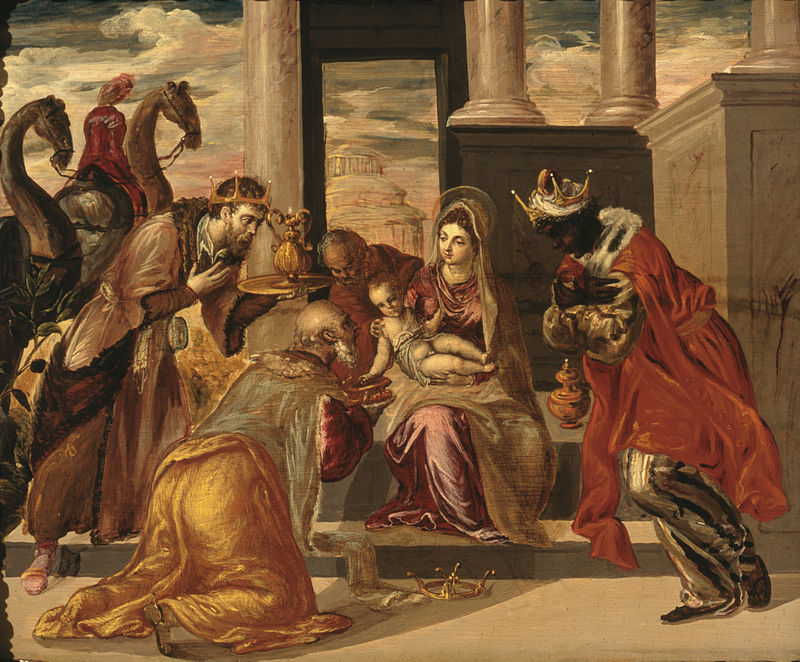
“Adoration of the Magi” by El Greco, 1568
Traditional Old Christmas celebrations retained a great deal of the yuletide season’s pagan roots, with “Old Buck” being the symbol of the season, often represented by a bovine head mounted on a pole carried in front of a crowded, masked – and often drunk — procession. Revelers moved from house to house, playing instruments, singing, dancing and partaking in food and drink. Of course, feasting is standard across many major holidays, and Old Christmas was no exception as friends and neighbors gathered together to share in the bounty of the previous year. Other Old Christmas traditions included the exchange of gifts, the blessing of fruit trees, rising at dawn to silently observe livestock and contemplate the nativity — and the setting of an empty dinner table by girls and unmarried women who hoped to see ghostly visions of seated future husbands appear during the dark of night.
The first recorded Christmas celebration was in Rome in the year 336, but the holiday was gradually overshadowed by Epiphany, the holiday that would eventually line up closer to the Old Christmas celebrated in the colonies. When the Gregorian calendar was adopted for universal use in countries around the world and the dates for a holiday celebrating the birth of Jesus Christ were split between Eastern and Western churches, the solution was to declare the twelve days between Christmas and Epiphany as one holiday — a decision that led to both Christmas as a festival holiday as we now know it and gave us “The Twelve Days of Christmas.”
Related Stories
‹

One on One: A Christmas FoolImagine the Bethlehem Christmas story set in a shopping mall in eastern North Carolina. Think of a pet store in that mall as a manger scene and the manager of the store as a Joseph figure who takes care of a young homeless woman about to deliver a child on Christmas Eve. Now you are […]
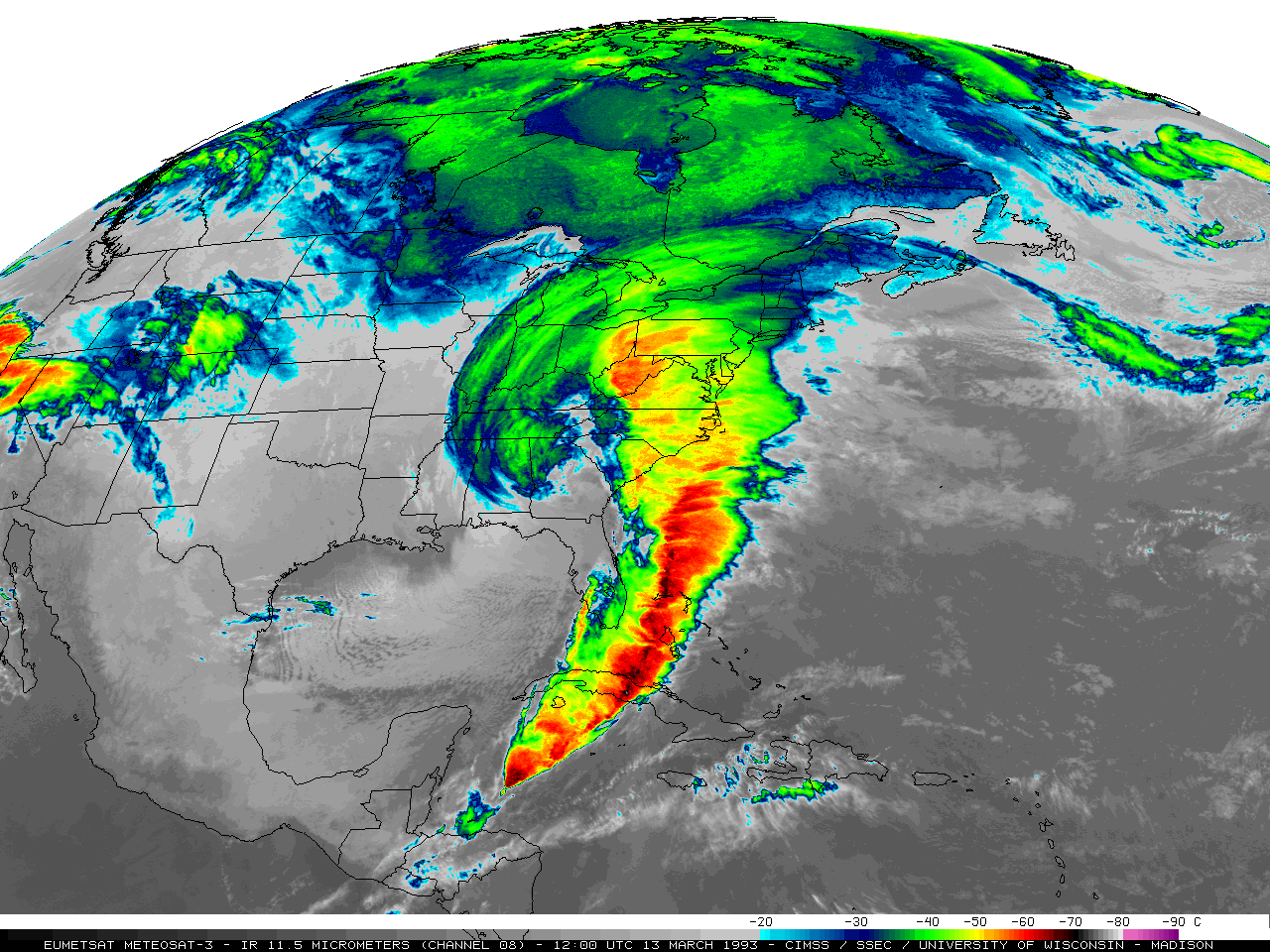
Local Lore: Winter Weather RecordsWhile not a reliable home for a white Christmas, North Carolina is well-known for a variety of other weather patterns. From hurricane season to hot summers, the Old North State never fails to surprise with weather variations between the mountains, the Piedmont and the coast. In fact, this year, Hurricane Florence shattered the previous record […]

Christmas in the Carolinas: How Holidays Have ChangedThe Christmas holiday has more or less been the same for the past couple hundred years, drawing celebration inspiration from Christian and pagan tradition alike to create the season as we know it today. But in coastal North Carolina, you’ll likely find a few people still celebrating Christmas as it once was — before the […]
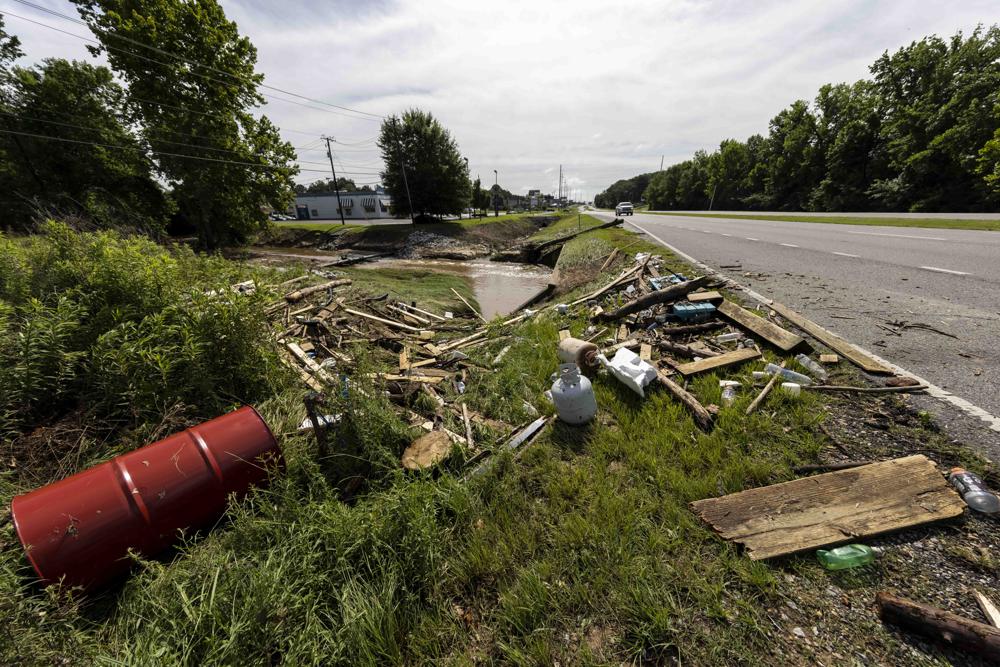
Claudette Regains Tropical Storm Strength After 13 DeathsWritten by JEFF AMY and AMY FORLITI Claudette regained tropical storm status Monday morning as it neared the coast of the Carolinas less than two days after 13 people died — including eight children in a multi-vehicle crash — due to the effects of the storm in Alabama. The children who died Saturday were in a van for […]

97.9 The Hill's Staff Picks: Holiday DecorationsWelcome to the tenth edition of 97.9 The Hill’s Staff Picks. This time around, we wanted to get into the spirit of the season. So, we asked our staff to share their all-time favorite holiday decoration! Among the myriad of festive adornments, one timeless favorite among our staff is the artful display of holiday posters. […]

Governor Warns of Holiday COVID Spread; No New RestrictionsNorth Carolina Gov. Roy Cooper advised residents to avoid traveling over the holidays, saying Tuesday that he would limit his Christmas gathering in Raleigh to immediate family members. Speaking at a news conference, Cooper warned of increases in coronavirus spread similar to the one that occurred over Thanksgiving if people disregard public health guidelines. He […]

One on One: North Carolina Books to the RescueNorth Carolina books that would be good holiday presents for hard-to-give-to people on my list?” I get that question every year about this time. Answering it gives me a chance to spread the word about the work of our state’s diverse authors. So, last minute shoppers, North Carolina books to the rescue! […]
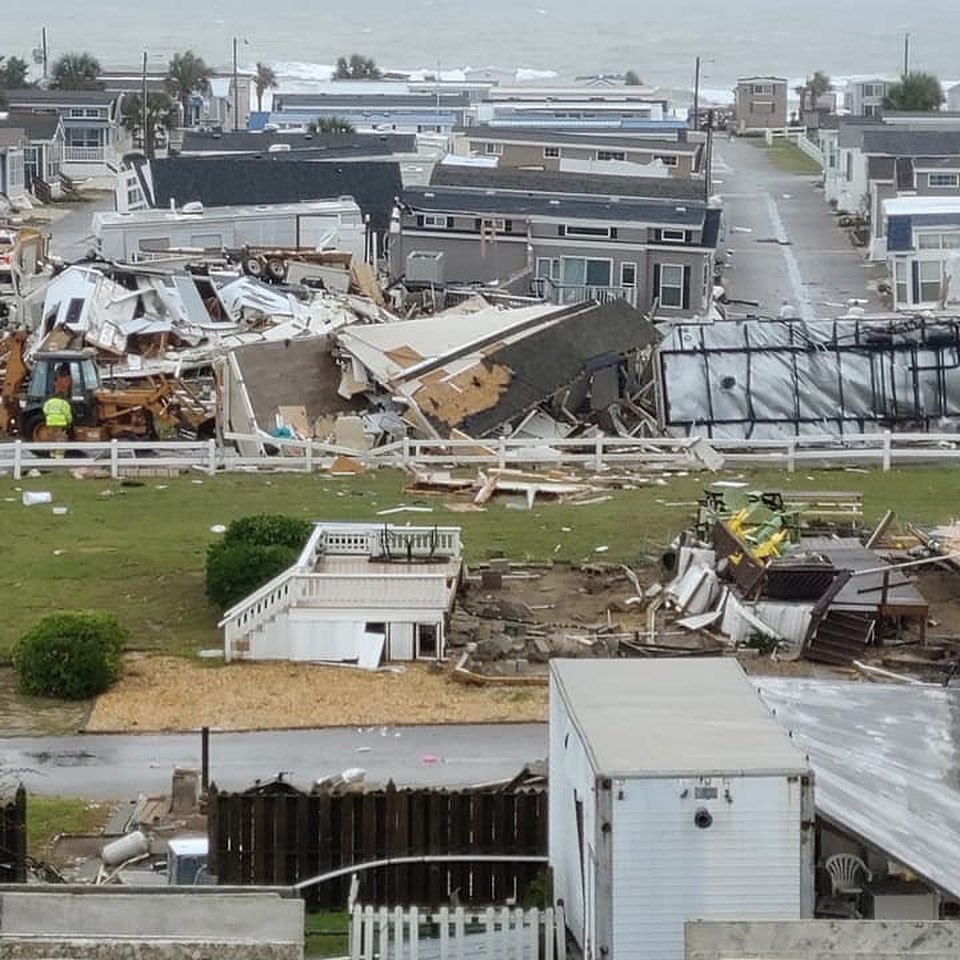
Weakened Dorian Strands People on North Carolina IslandHurricane Dorian howled over North Carolina’s Outer Banks on Friday — a much weaker version of the brute that wreaked havoc in the Bahamas — flooding homes in the low-lying ribbon of islands and throwing a scare into year-round residents who chose to tough it out. Hundreds were feared trapped on one flooded island, the […]
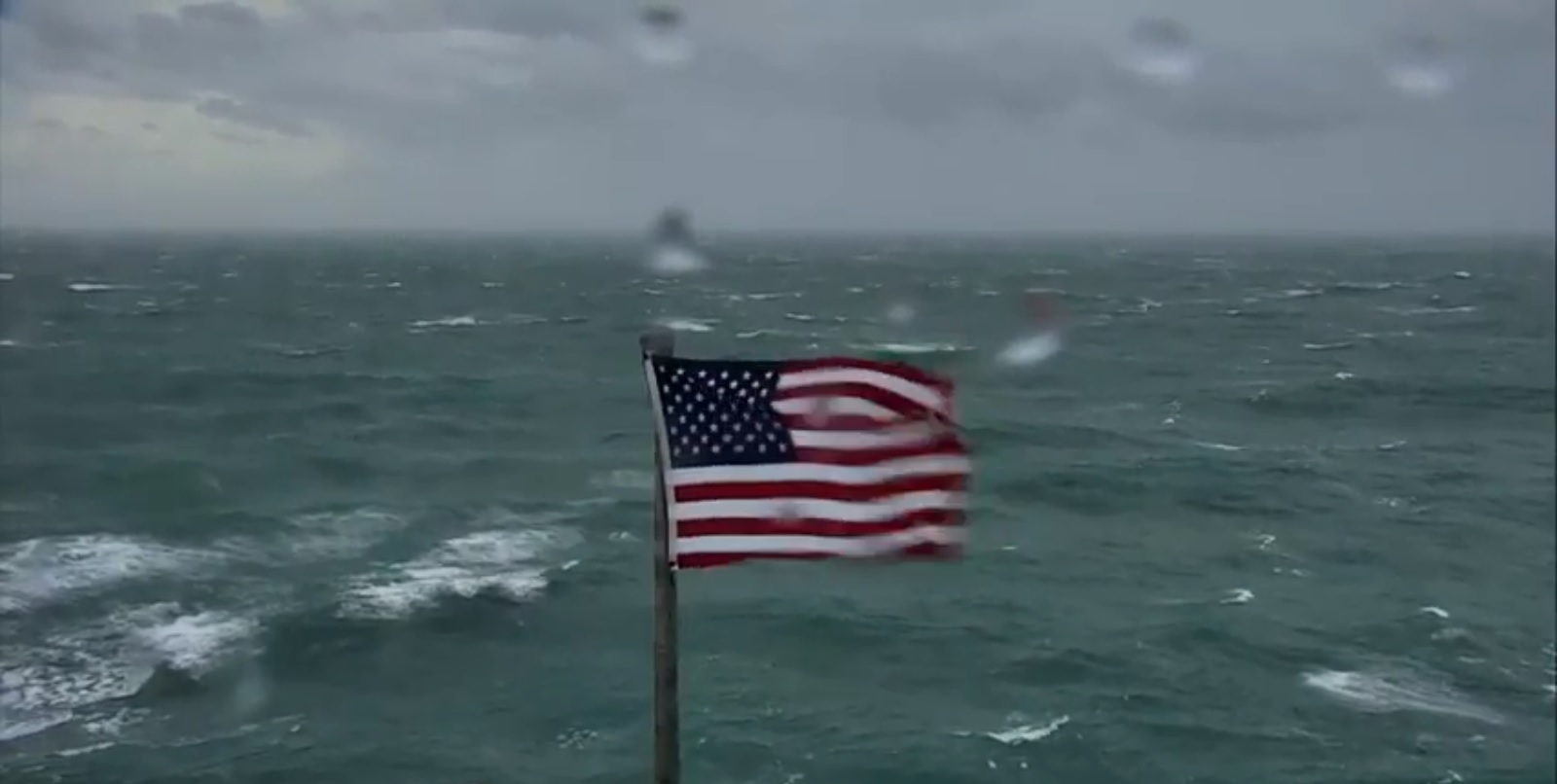
North Carolina's 'Frying Pan Tower' Showing Hurricane Dorian's ApproachLast year, once of the most resonating images of Hurricane Florence in North Carolina was the gradual destruction of the American flag flying high on “Frying Pan Tower” off the Outer Banks close to Cape Fear. This year, as Hurricane Dorian approaches the North Carolina coastline while moving up the Eastern seaboard, the cameras at […]
![]()
One on One: Remembering RufusIn this time of political rancor and hate, it is nice to find something that old-time politicos agree on, regardless of political affiliation, when they answer this question: Who is North Carolina’s most colorful political figure? The answer today is clear: Rufus Edmisten, Democratic nominee for governor in 1984, attorney general, secretary of state and […]
›












